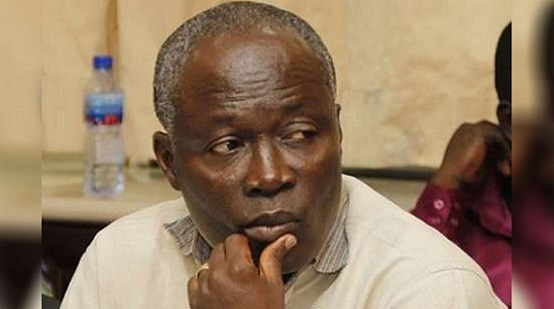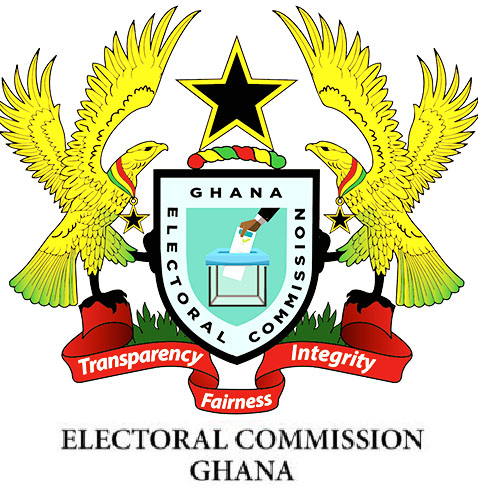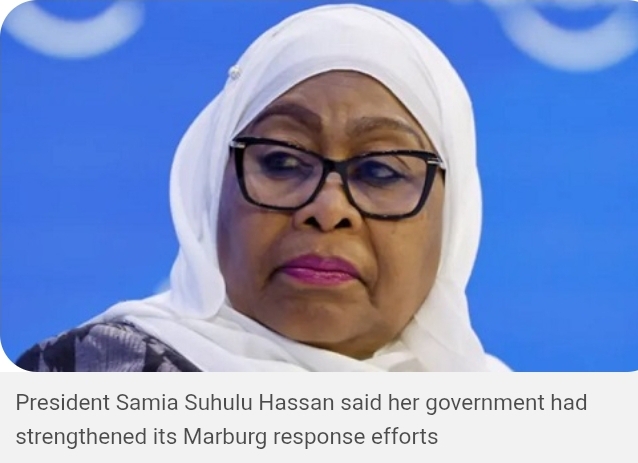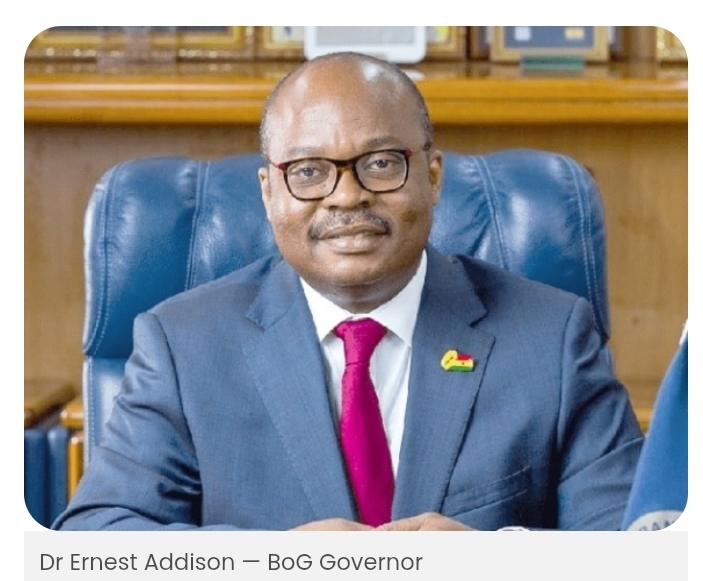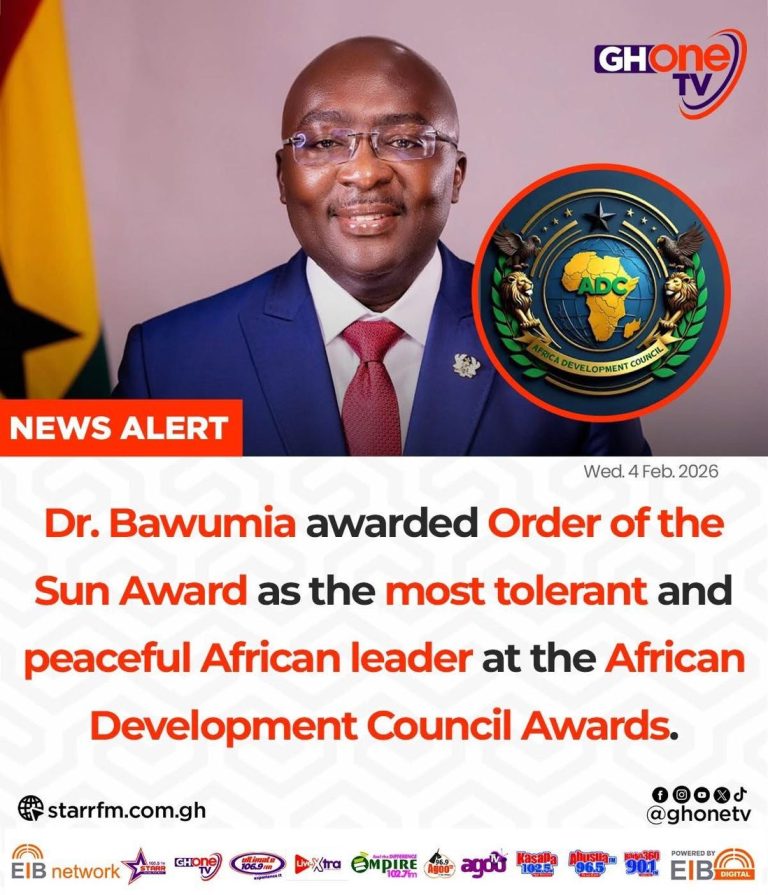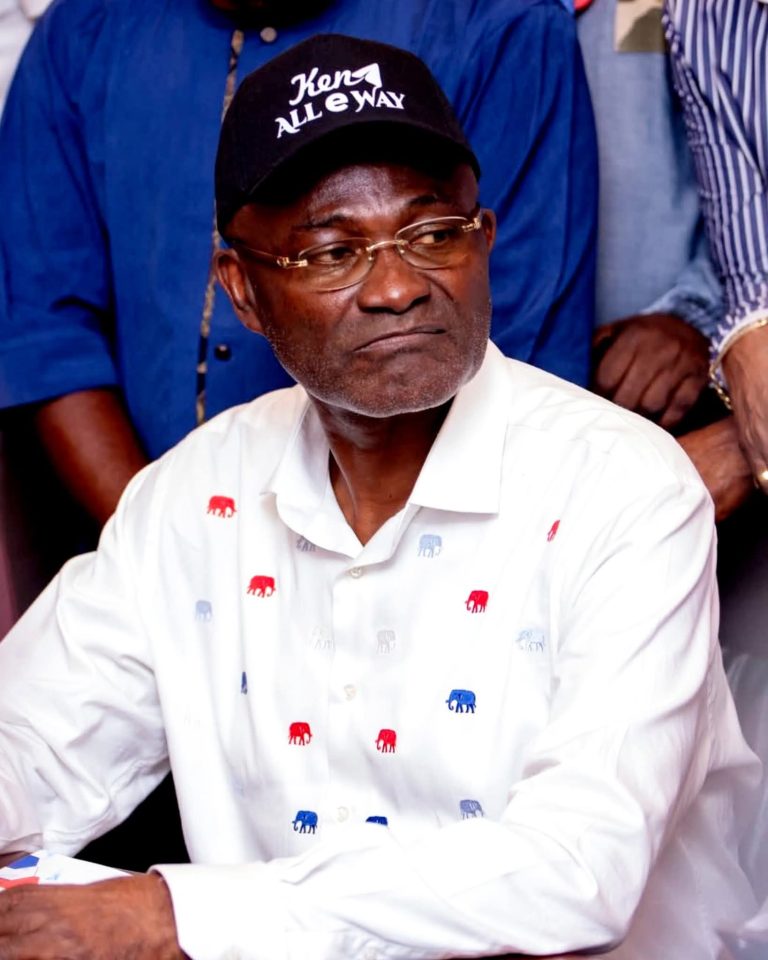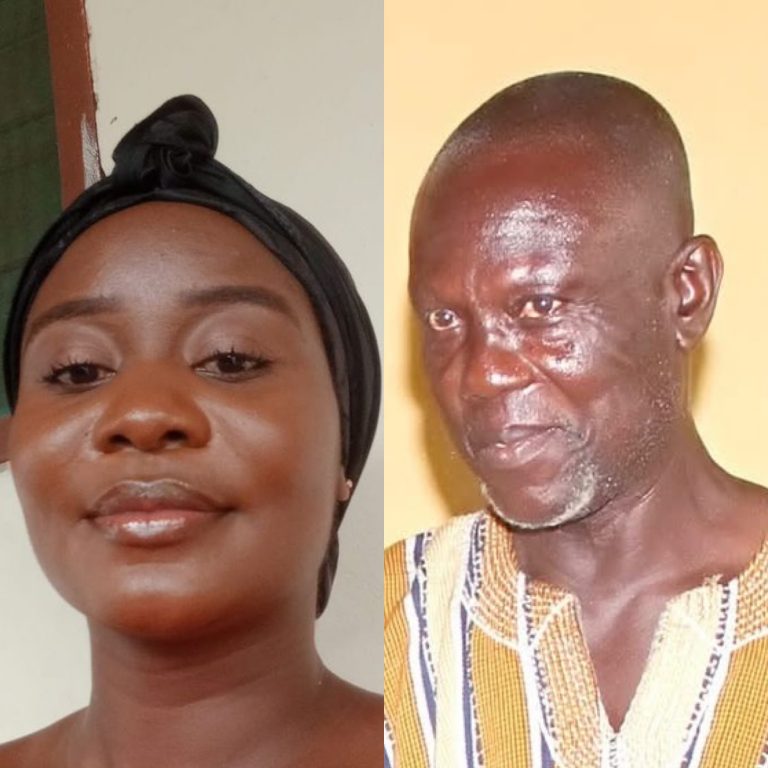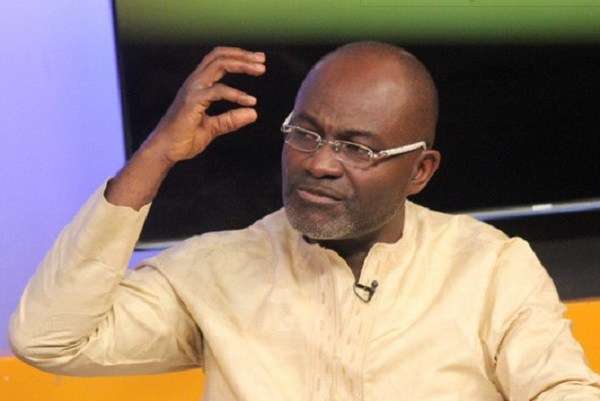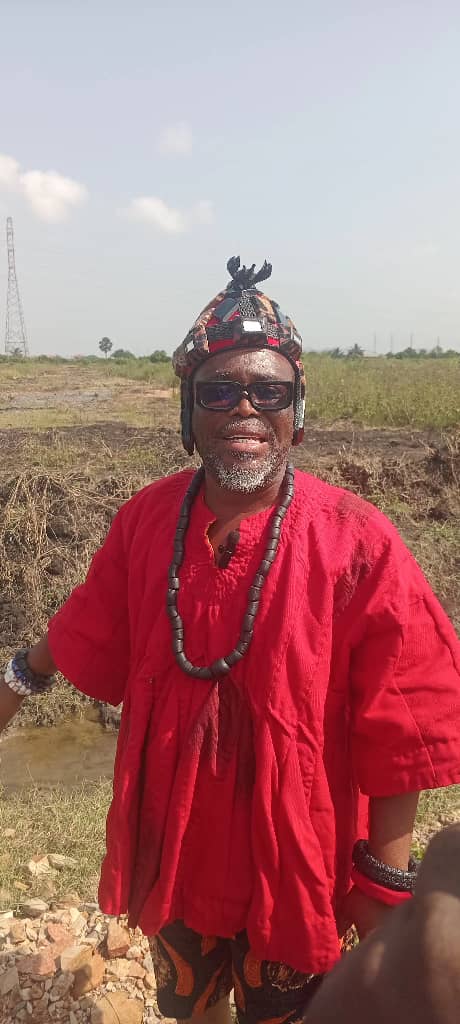Former Member of Parliament and National Coordinator for DRIP, Nii Lante Vanderpuije has shown extreme manifestation of anger in the passage of the legislation that transferred control of the Songor Salt Project to Electrochem Ghana Ltd.
In an interview on GHONE TV, Vanderpuye disclosed that they were only 12 MPs present in the chamber when the bill was approved, a mere four to five hours following its introduction. “I felt sick… it was so disappointing. My heart was heavy,” he stated , conveying his grievances.
He underscored that the bill did not include essential provisions to protect the interests of the indigenous people of Ada and the nation as a whole. “The sort of things I was expecting to see in the bill… they weren’t there. It’s like the people were given a raw deal,” he regretted.
Vanderpuye further criticised the internal workings of Parliament, pointing out that significant decisions are frequently relegated to committee members, thereby excluding other MPs from making meaningful contributions. “Something like this deserved more extensive scrutiny,” he remarked, emphasising that numerous other bills were similarly rushed through during the parliamentary session.
He referred to the day Parliament sanctioned the contentious lease of the Songor Salt Project to Electrochem Ghana Limited as “one of the most disappointing days” in the legislative history of the nation.
The former MP for Odododiodioo deeply sorrowful over the decision, which has ignited widespread public concern and opposition from some communities in the Ada region. He apparently claiming that the transfer of the Songor Salt Project to Electrochem represents not merely a policy blunder but a betrayal of the Ada people, their heritage, and their economic lifeline. “That day marked a low point in our Parliament’s duty to protect the interests of its citizens,” he asserted.
The 15 years lease agreement, which grants Electrochem Ghana Ltd control over the salt-rich lagoon located in the Greater Accra Region, has been surrounded by controversy since its inception. Critics contend that it marginalises local salt miners who have historically relied on the lagoon for their livelihoods. Conversely, supporters argue that for 50 years the Songor lagoon was deserted by the state and in dilapidated conditions, until the advent of Electrochem which has stimulated the Songor into industrial developments project and job opportunities in the area.
The Songor salt 15 years lease has become a focal point in Ghana’s resource governance debate, with many accusing the government of prioritising corporate interests over the livelihoods of local communities. The Songor Lagoon is currently considered to be one of Ghana’s most productive salt pans, has long been a battleground between traditional owners, the government, and private entities. In recent years, tensions have escalated due to state-backed initiatives aimed at commercialising and industrialising the resource without what critics describe as adequate engagement with stakeholders.
Watch Video Below…..

